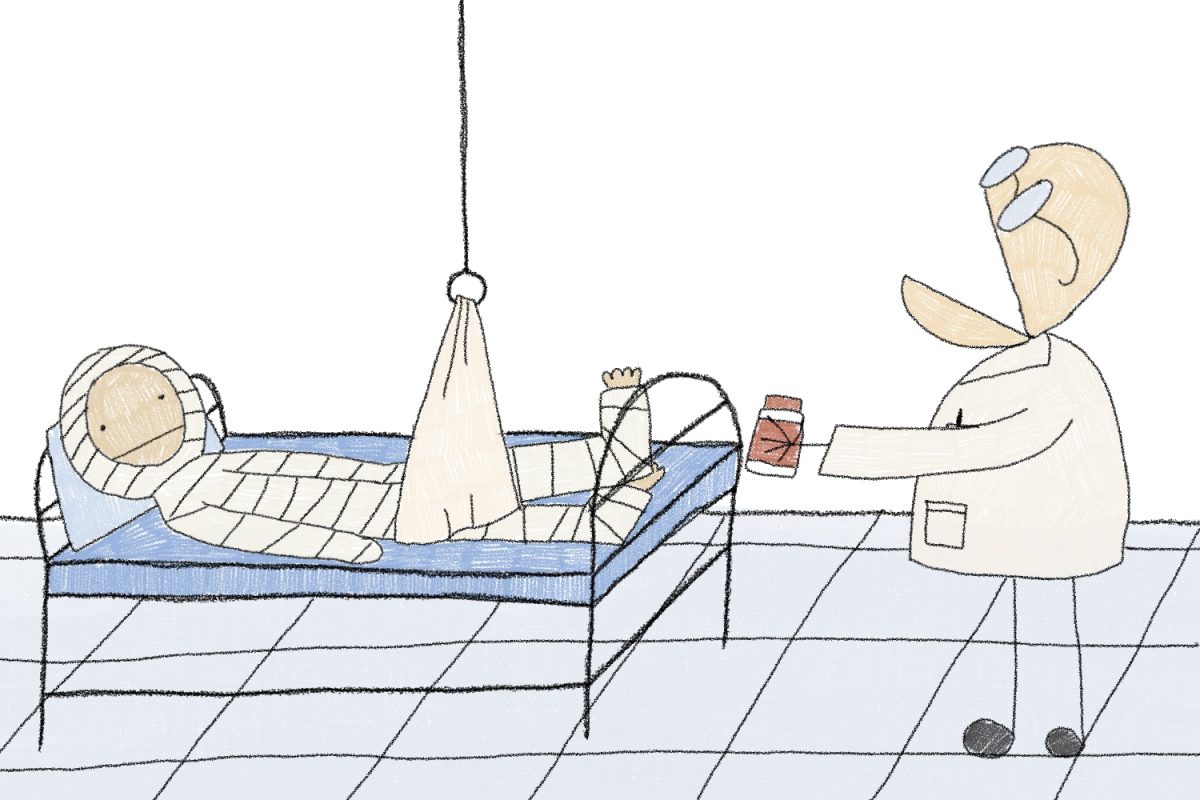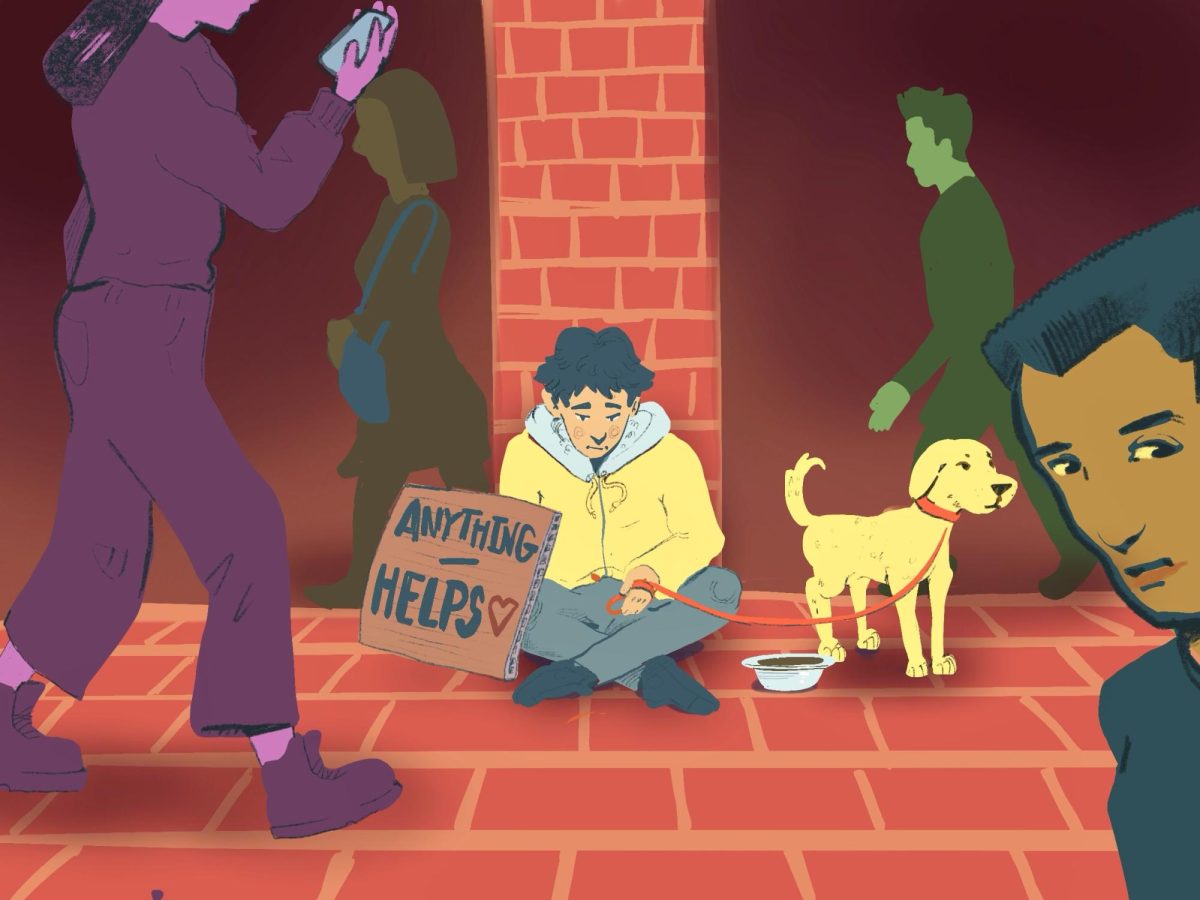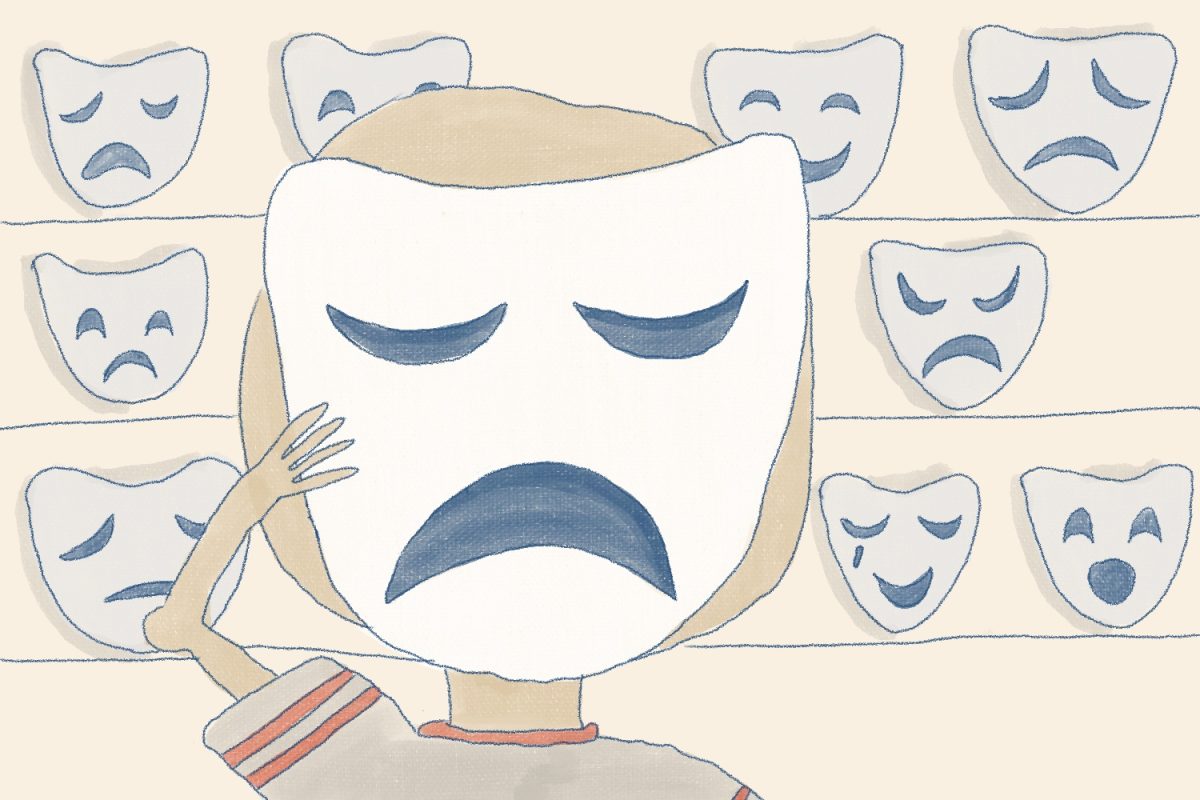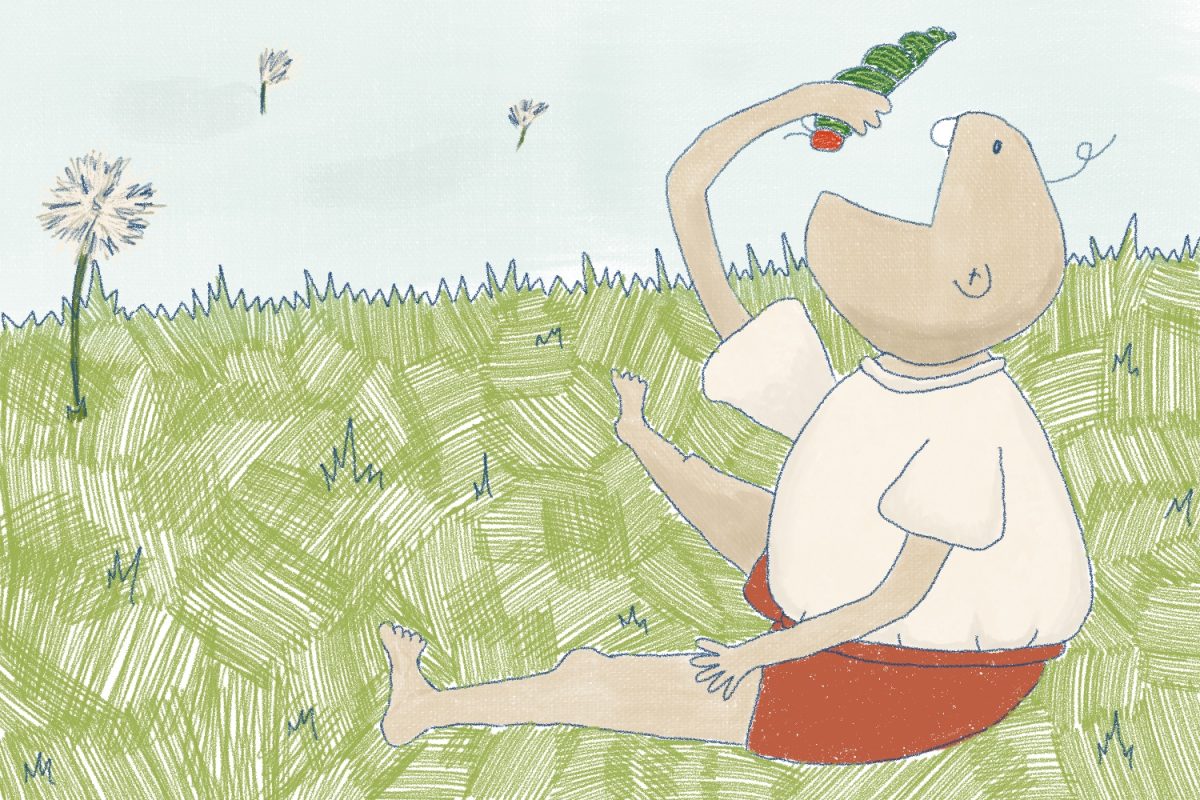I can’t be the only one who was very confused about what was going on with this year’s daylight saving time.
I remember hearing months ago about how in 2023, we would be getting rid of the practice of changing the clocks twice a year.
In March 2022, the US Senate passed a bill that would make daylight saving time permanent, starting in 2023, according to a March 16, 2022 Reuters article.
This would permanently keep the clocks ahead one hour, making it lighter one hour later at the end of the day year-round, according to a March 10 Time article.
However, the bill, known as the Sunshine Protection Act, will not become law until it is passed by the House, according to a March 2 NBC News article.
Despite the common misconception that it was created for farmers, daylight saving time was originally created in 1918 to save on fuel costs during World War I by adding an extra hour of daylight, according to a Feb. 21 USA Today article.
However, the world we live in today is very different from the world from a century ago. There is no more reason to keep changing the clocks.
We need permanent daylight savings, allowing us to have an extra hour of sunlight year-round.
Changing the clocks back for daylight saving time can affect those with seasonal depression, according to a Nov. 4, 2021 Cleveland Clinic article.
Seasonal affective disorder occurs for some when there are changes in our circadian rhythm, like when we’re traveling, have a new schedule or when the seasons change, according to the article.
Seasonal affective disorder can lead to symptoms of depression, including withdrawing from activities, lacking motivation and struggling with eating or sleeping, according to the article.
Five percent of American adults experience seasonal affective disorder for about 40% of the year, according to the American Psychiatric Association.
Vitamin D from sunlight exposure is an important part of treating seasonal affective disorder, according to the article.
Additionally, an hour less of daylight means more time spent in the dark, which can have negative health effects.
Changing the clocks leads to a 6% increase in fatal car accidents per year due to more people driving in the dark, according to a Jan. 30, 2020 CU Boulder Today article.
Additionally, the darkness of winter evenings often causes women to fear going outside during this time of year, according to a Jan. 16 Glamour UK article.
Personally, I don’t like walking back from class in the dark. As a woman, the daylight helps me feel safer when I’m walking alone.
Fifty percent of women feel unsafe walking alone in the dark, according to an Aug. 2021 report from End Violence Against Women.
This is where daylight saving time becomes an issue of equity: if a law is making women more apprehensive to go out due to its effects, it should be changed.
Hawaii and Arizona are the only two states that do not currently observe daylight savings, according to the Time article. The rest of the country needs to follow in their footsteps.
There is no longer a need to change the clocks, but there is a significant need for the health benefits that accompany this outdated law.
We need an extra hour of daylight year-round, not just in the summer.














